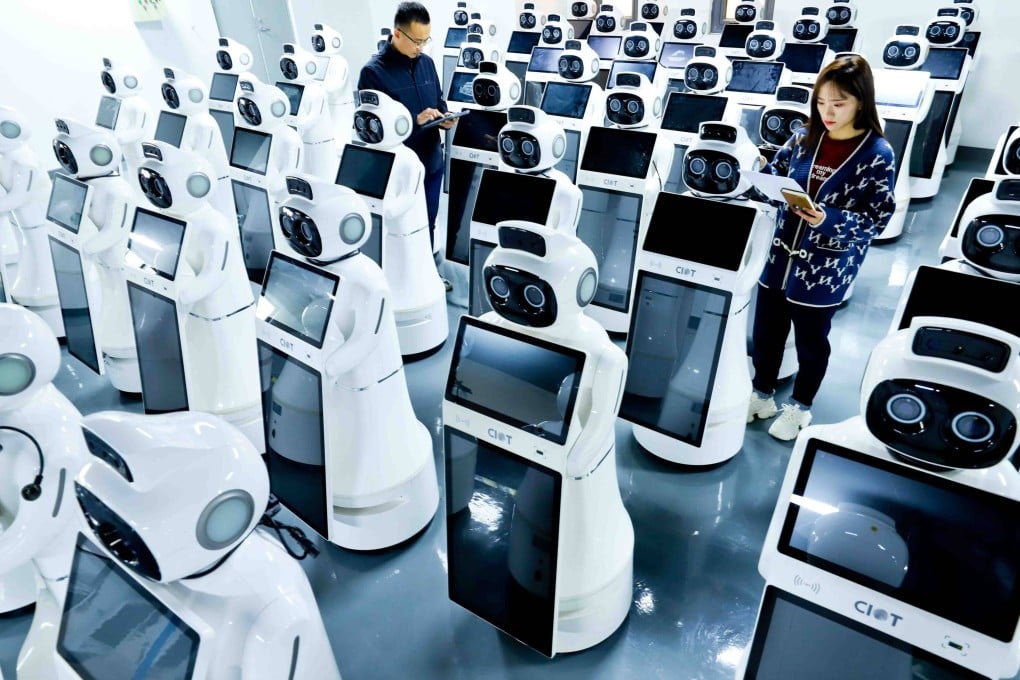Getty Images to launch artificial intelligence image generator, feeding on its own stock photos
- The move is part of the company’s attempt to create AI content while sidestepping thorny legal issues such as copyrights
- The new tool will tap Getty’s bank of creative images, but not its news photo collection, part of an effort to prevent the creation of deepfakes

Getty, which holds the rights to millions of photographs, earlier sued Stability AI, the company that popularised the image generator Stable Diffusion, for using images without permission.
The new tool will tap Getty’s bank of creative images, but not its news photo collection, part of an effort to prevent the creation of deepfakes, chief executive officer Craig Peters said.

The new image generator will not allow users to incorporate trademarked material or assets they do not own – so there is no way to create something like the viral Pope Francis wearing a Balenciaga puffer coat image, Peters said.
In order to cater to businesses looking to create ads and other content, Getty will allow customers to add their own proprietary data or branding. Content generated through the product, which will create images based on text prompts, will not be added back into Getty’s own libraries.